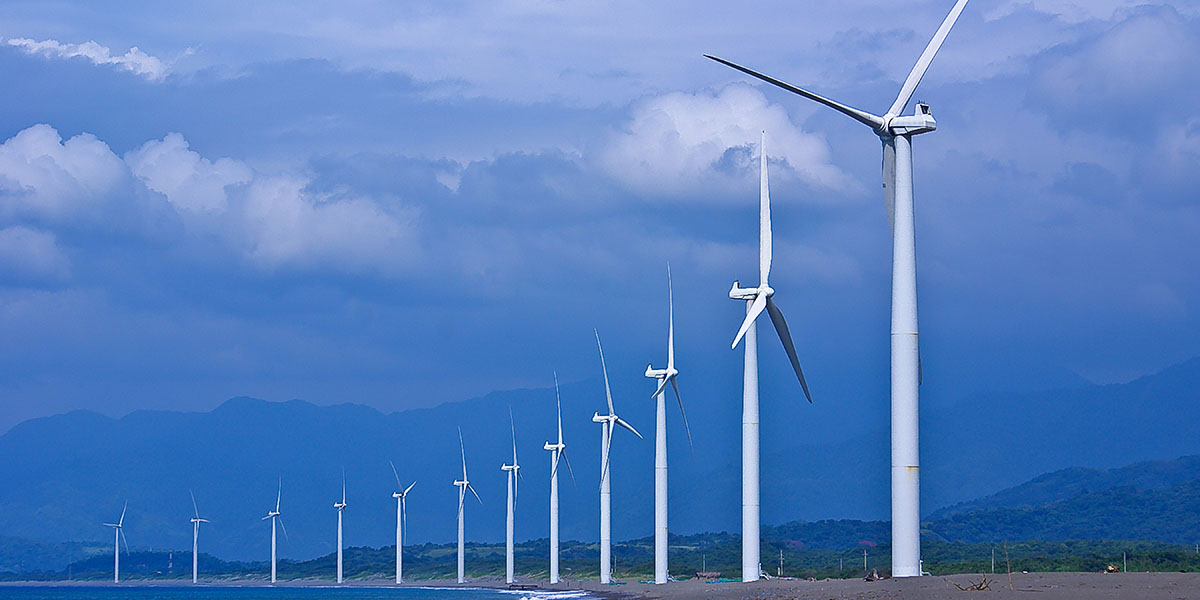By: Kathleen Marquardt – americanpolicy.org – February 28, 2017
“The great lesson of the group process, in which all others are involved, is that particularism, however magnified, is no longer possible. There is no magic by which selfishness becomes patriotism the moment we can invoke the nation. The change must be this: as we see now that a nation cannot be healthy and virile if it is merely protecting the rights of its members, so we must see that we can have no sound condition of world affairs merely by the protection of each individual nation – that is the old theory of individual rights. Each nation must play its part in some larger whole. Nations have fought for national rights. These are as obsolete as the individual rights of the last century.” Mary Parker Follett, The New State
We seem to have entered the twilight zone – that space between the world when most things, words, actions, were real and when things are part of NewSpeak. It can be very hard to know when you are in the early part of the zone or the later. Sustainable Development with initial upper case is in the later, and the early is designated by initial lower case letters. Paul Driessen, for Heartland, has spelled it out so well in a publication from 2014.
The Three Faces of Sustainability
“Combining the scientific and economic components of the matter suggests what sustainable development really means, or should mean: thoughtful, caring, responsible, and economical stewardship of land, air, water, energy, metallic, forest, wildlife, and other natural resources, as well as financial and human resources. Understood in that way, it’s clear that every person, company, and institution should practice sustainable development.
“The third face of sustainability is political sustainability: the use of concepts and ideas that arise from true sustainability to present a pseudo-scientific justification for a political agenda that extends far beyond genuine economic or scientific matters. The National Research Council report cited at the beginning of this policy study is an excellent example of this face, as are the statements and campaigns of many environmental groups.7 Political sustainability is cloaked in altruistic terms, but it invariably involves government coercion and control, forcing people to do what is not in their own best interests. The results are frequently harmful to poor and middle-income families struggling to improve their living standards. In many cases, the programs actually endanger wildlife and damage the environment.
“True sustainable development improves living standards instead of paying mere lip service to them. It allows people the freedom to develop and use new technologies and best practices that conserve resources, reduce waste and pollution, and give people incentives to choose the most efficient energy and mineral sources, and ultimately to abandon them once better ones are found. That is the key to real sustainability, and it will enable the people of today to prosper … and still leave the world better than we found it.”
The Three Faces of Sustainability by Paul Driessen
To see more of this article, click read more.
 Listen Online
Listen Online Watch Online
Watch Online Find a Station in Your Area
Find a Station in Your Area








 Listen Now
Listen Now Watch Online
Watch Online
